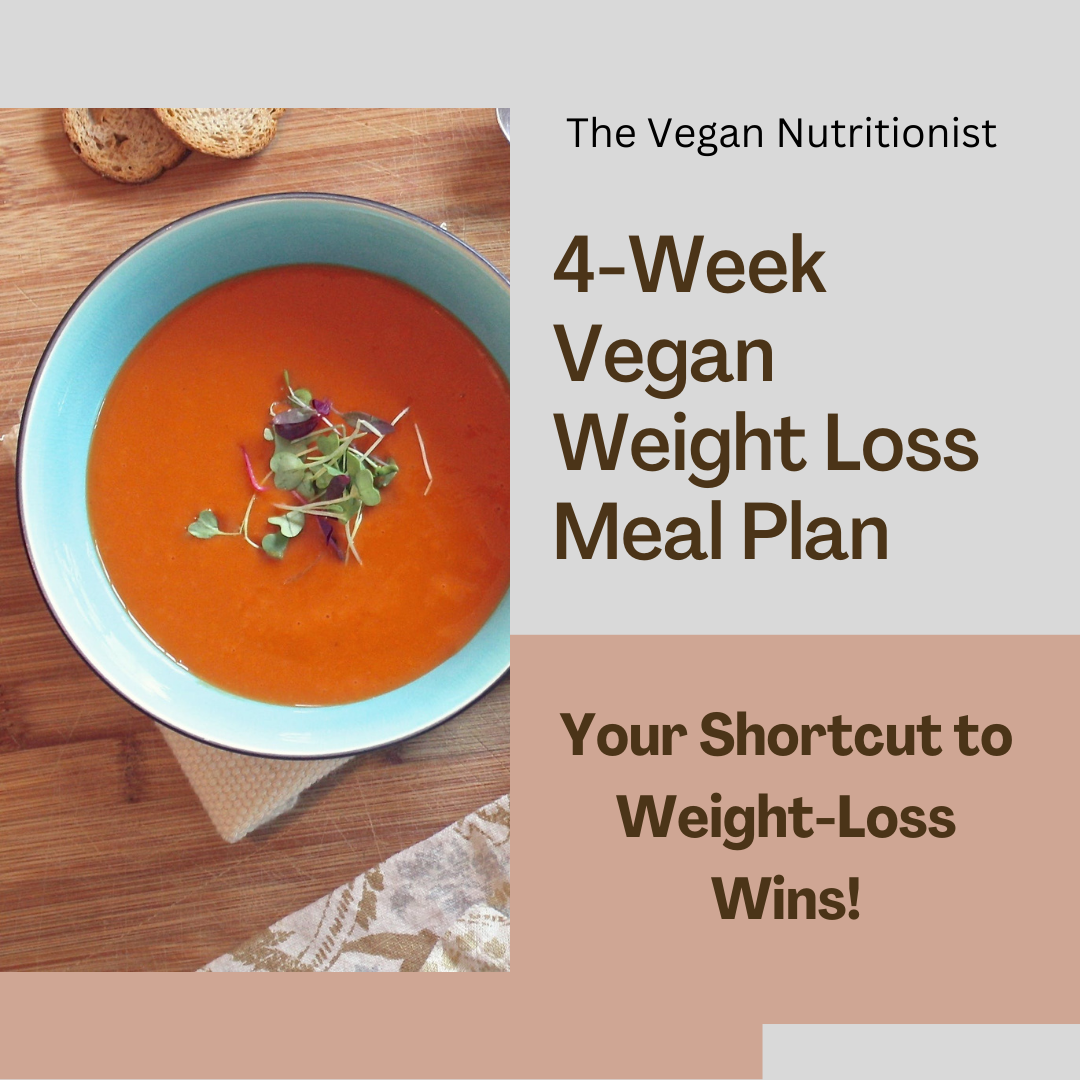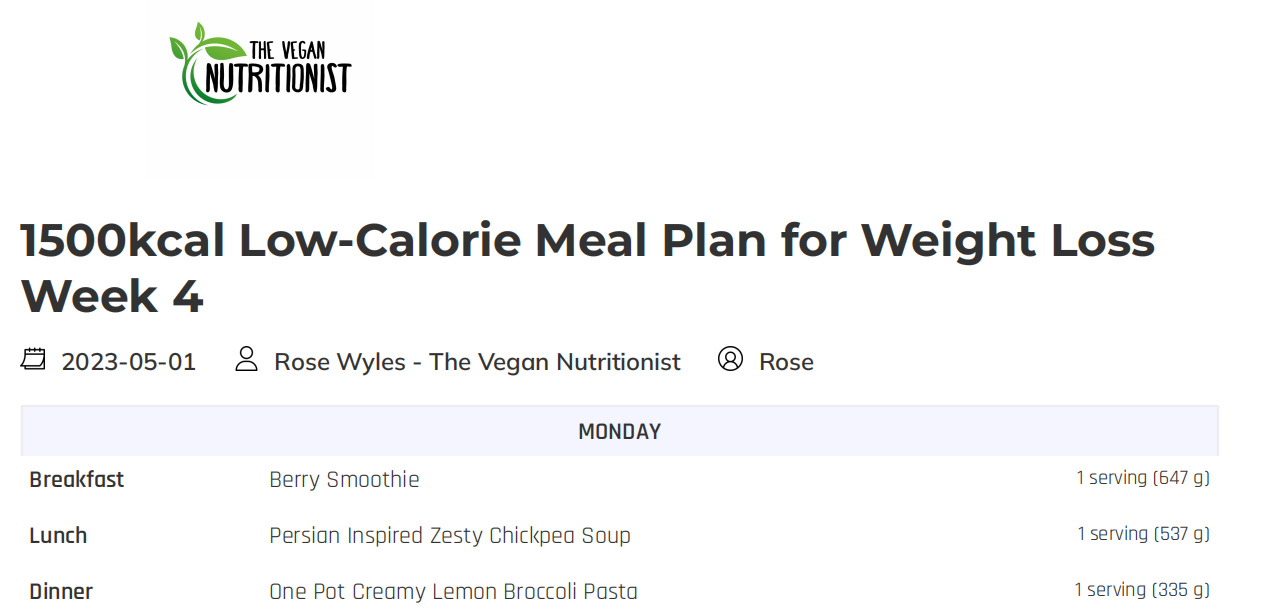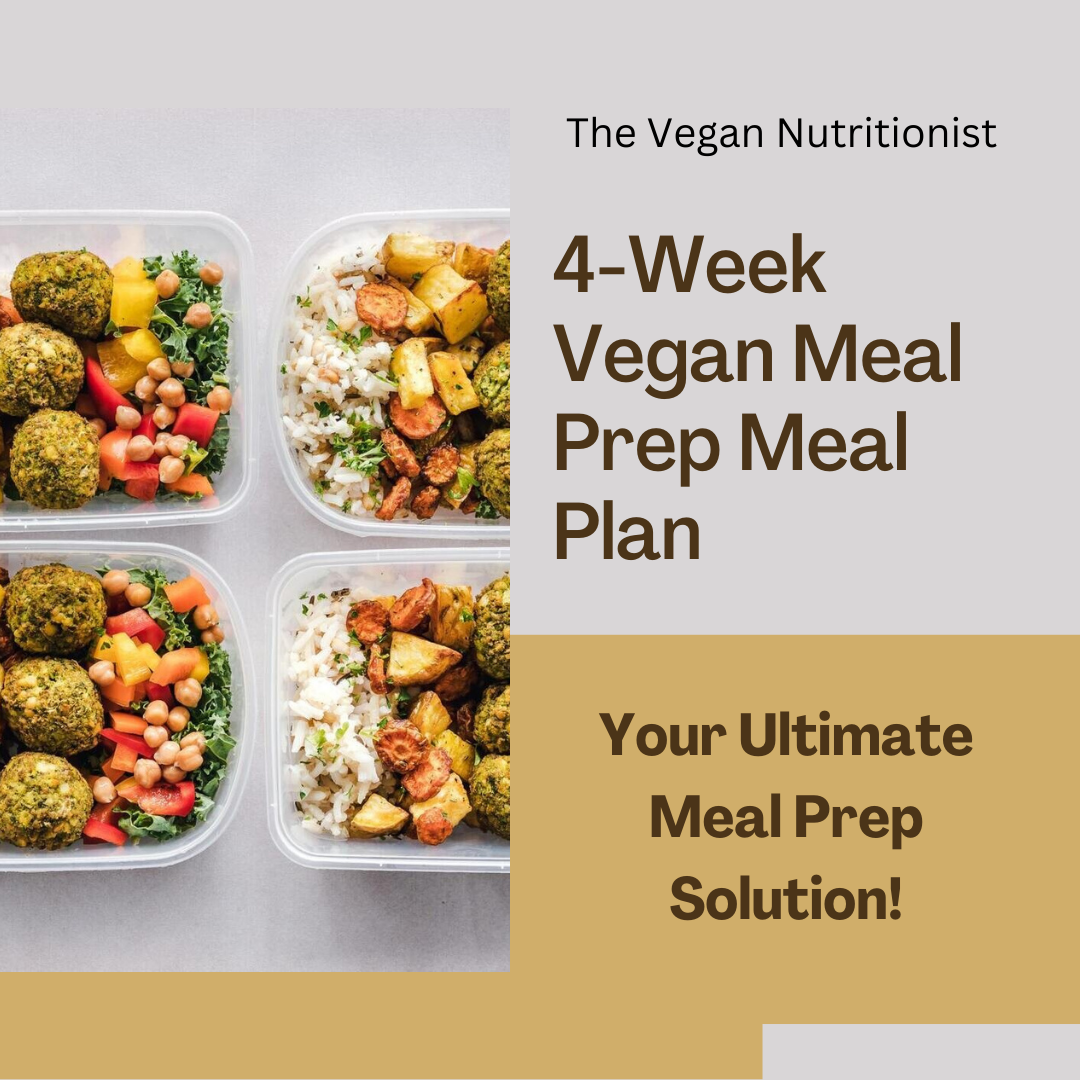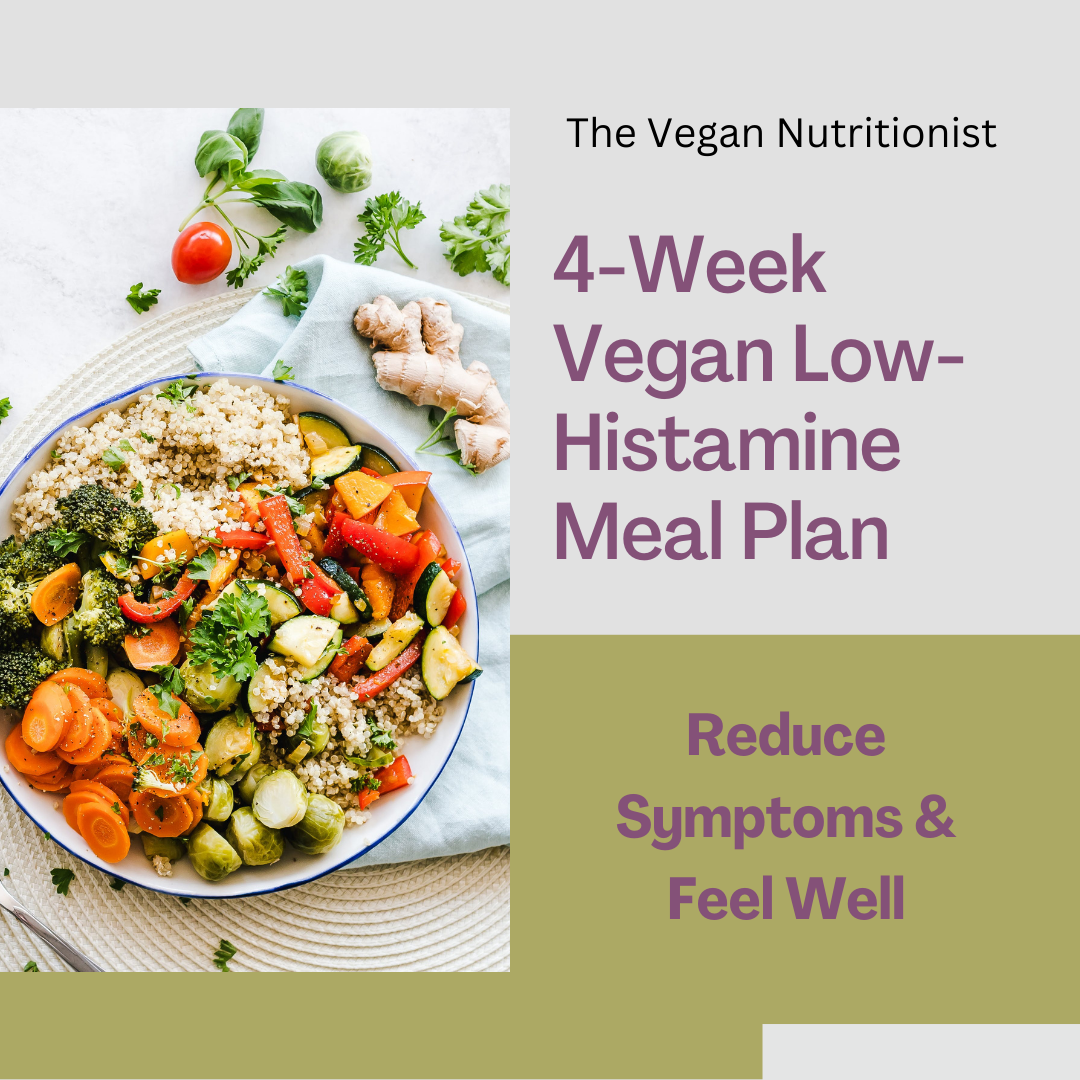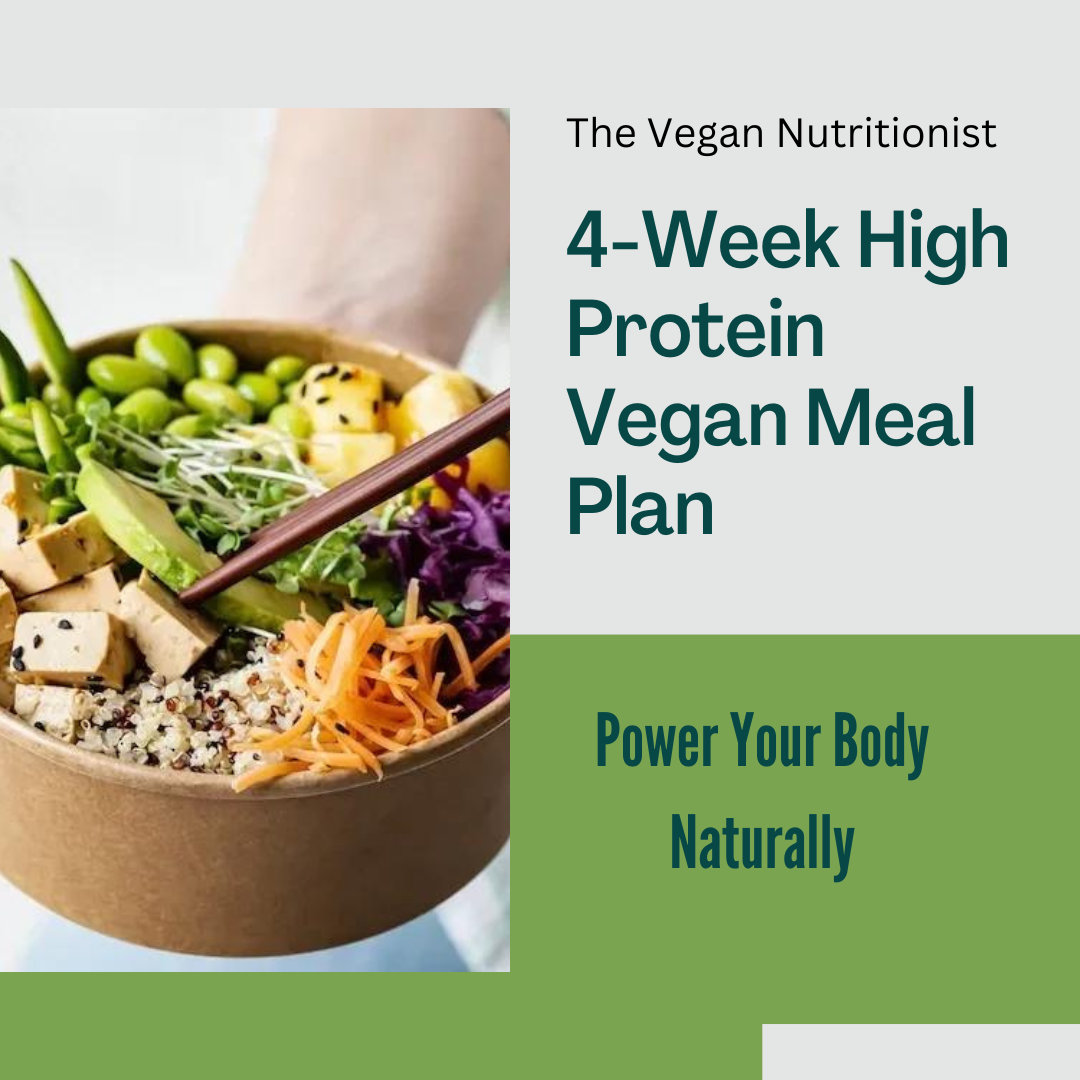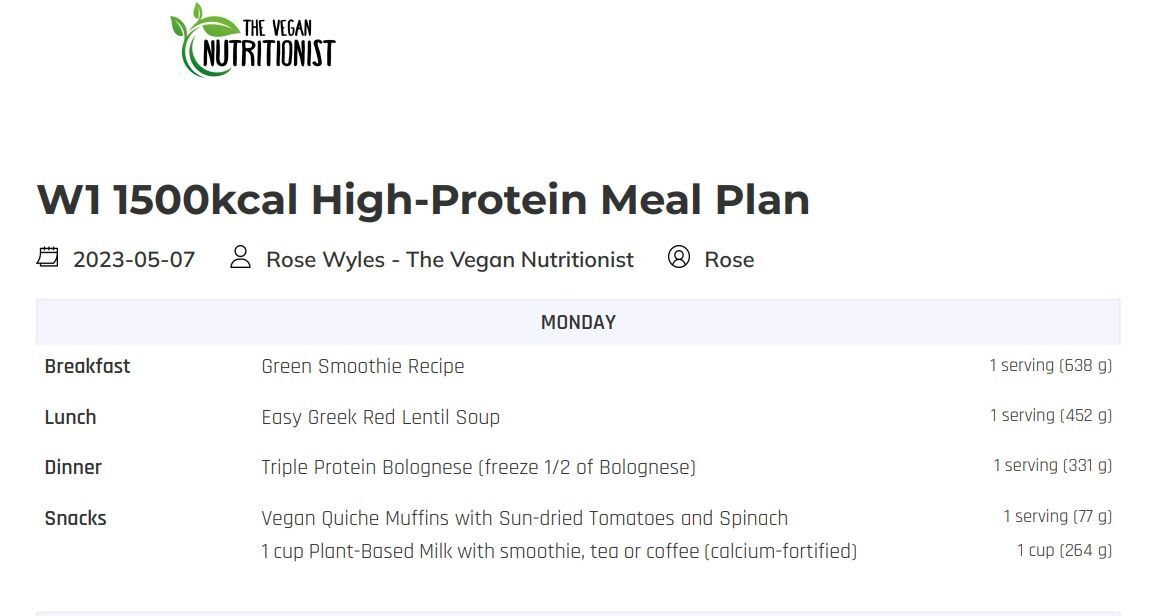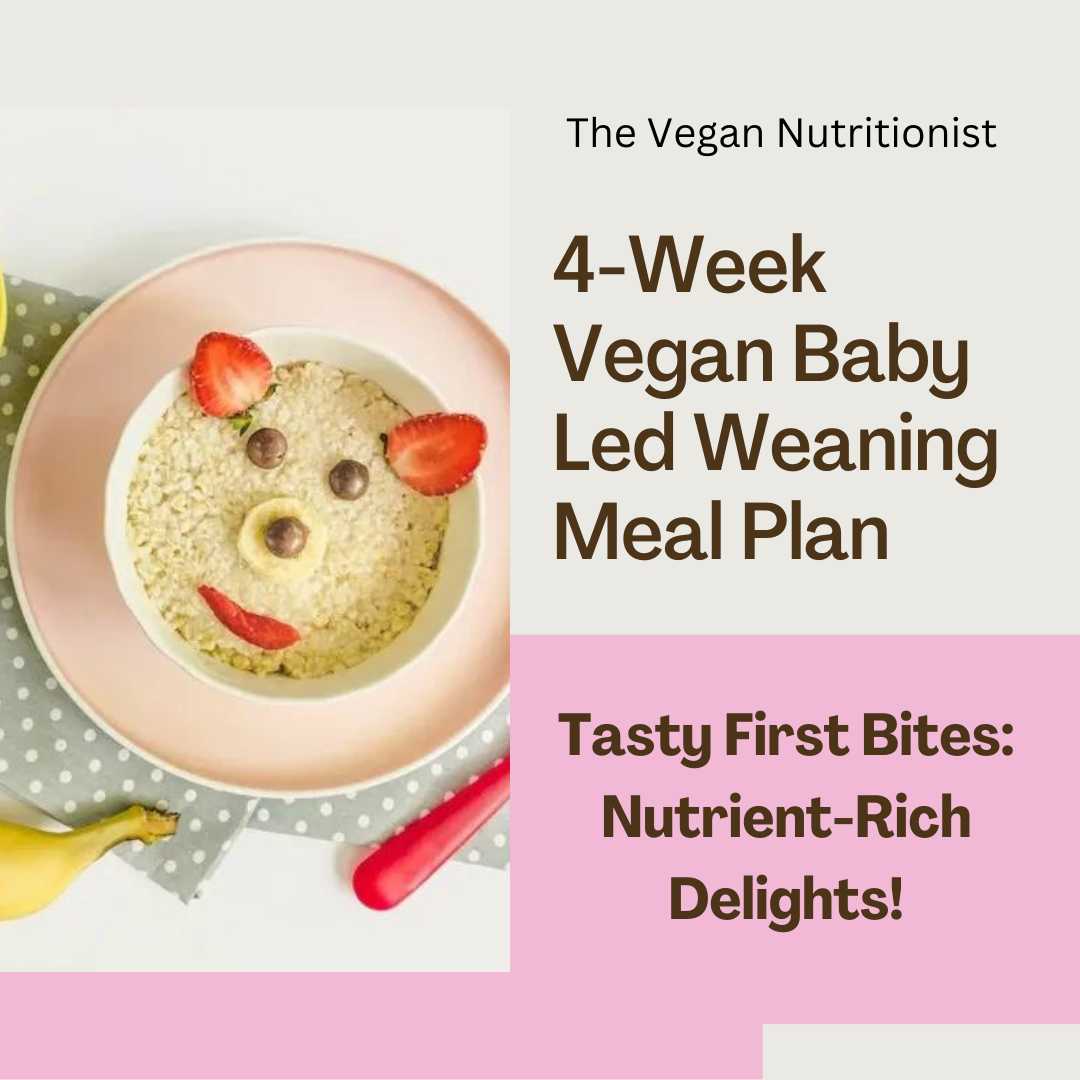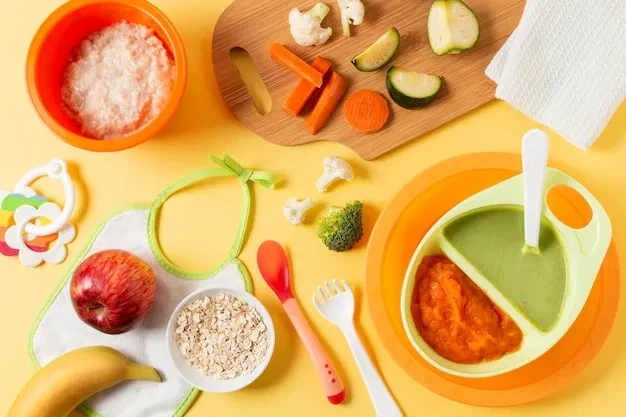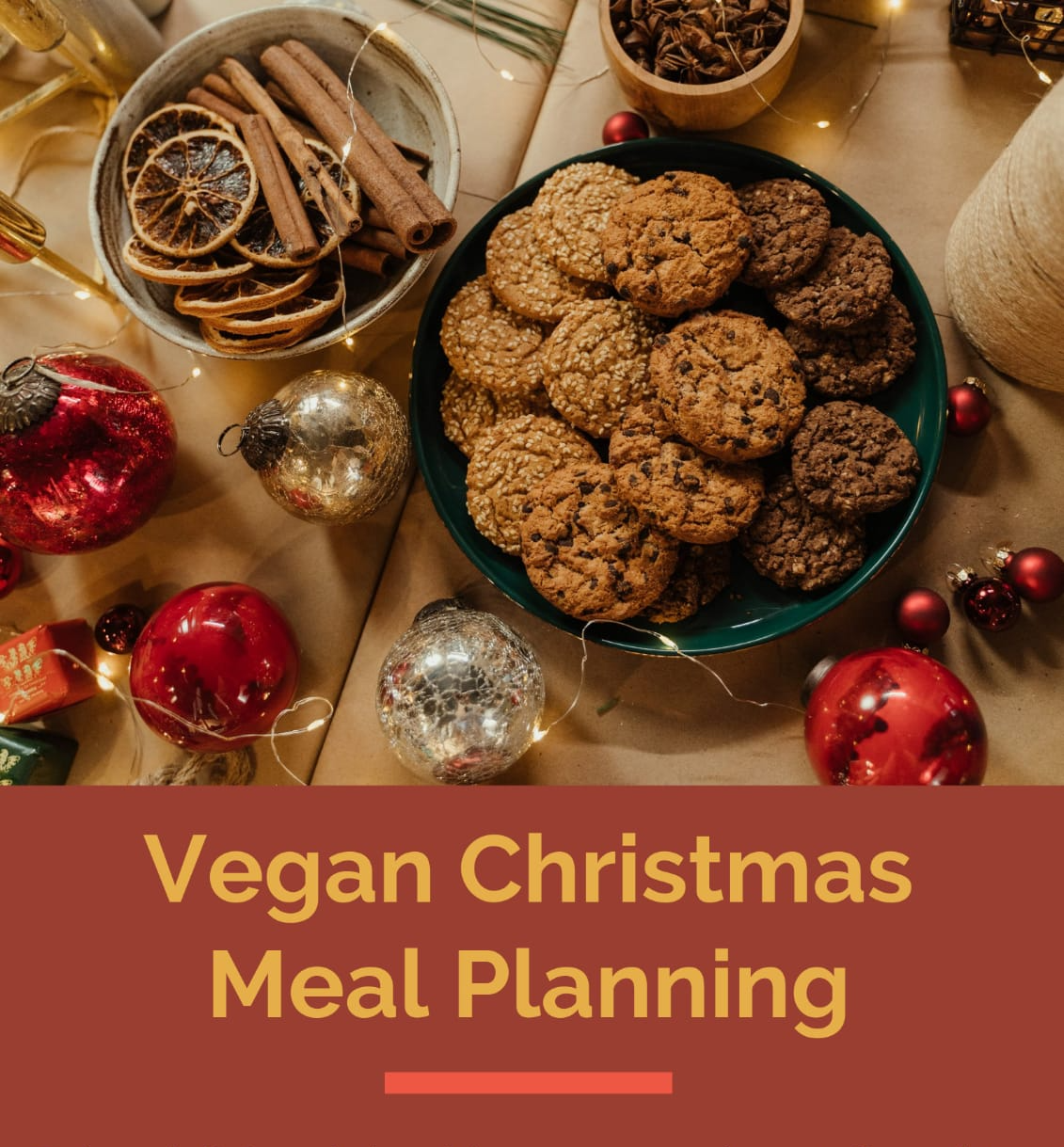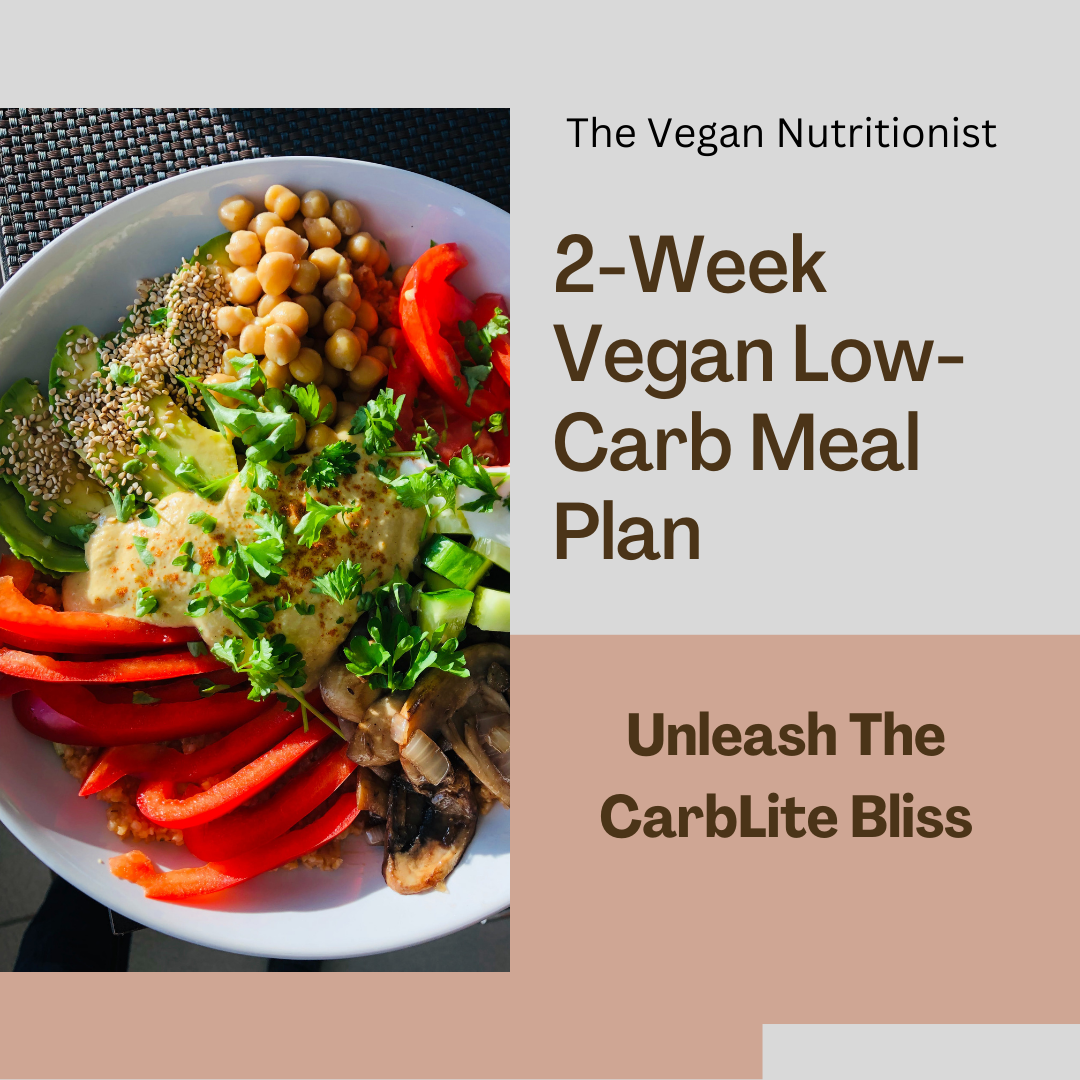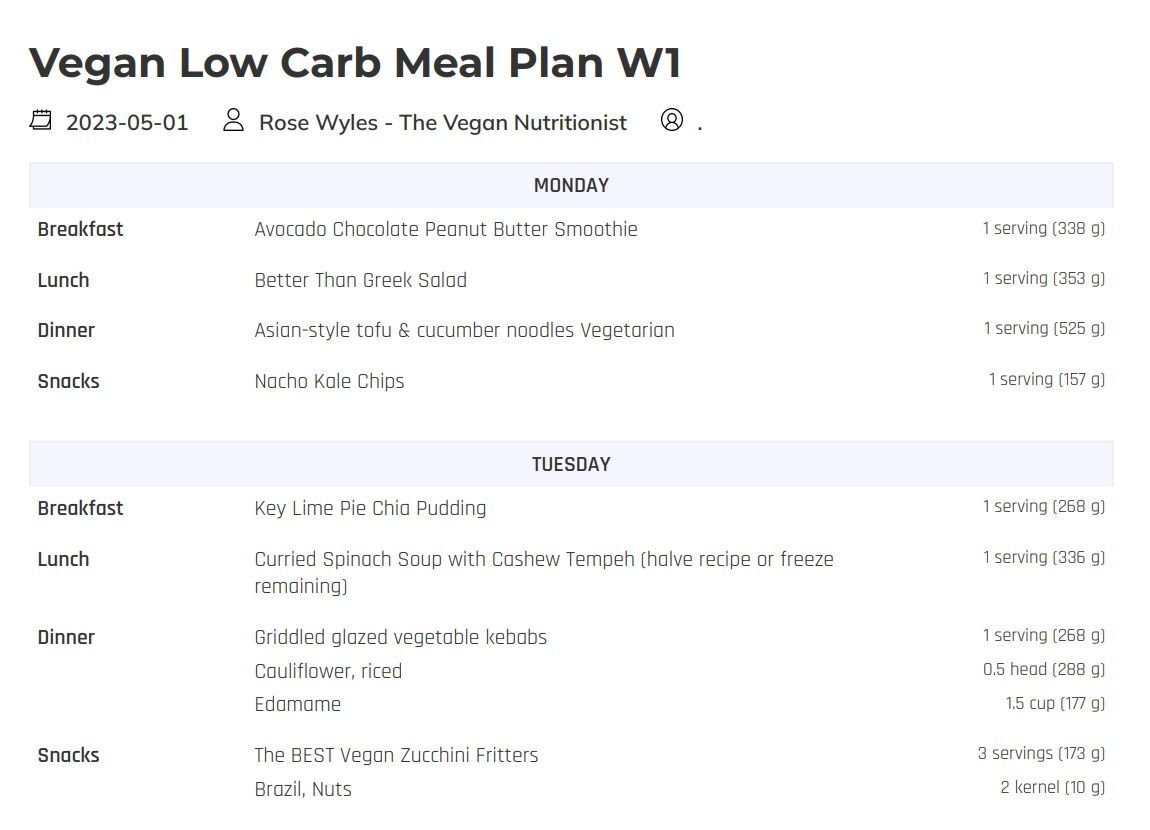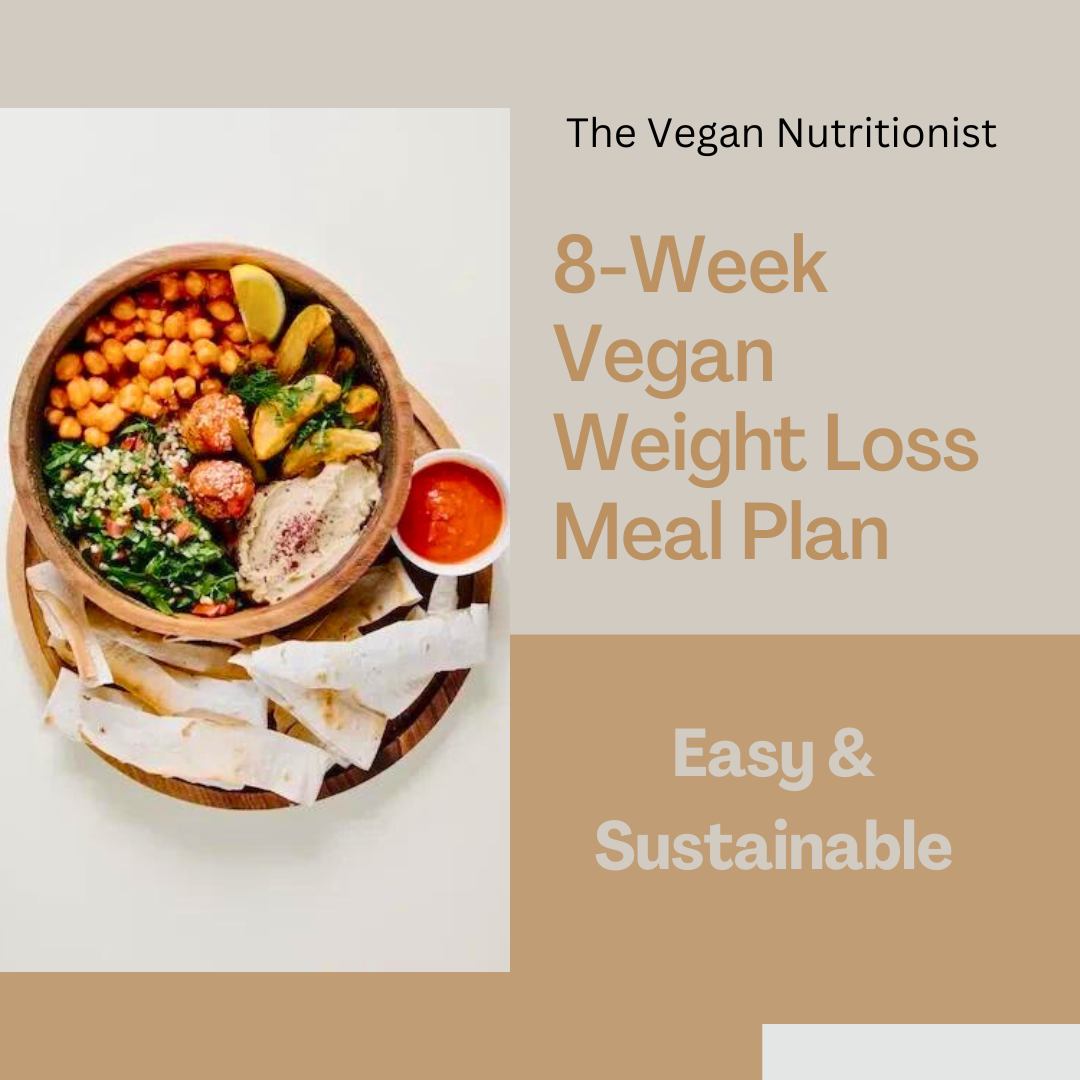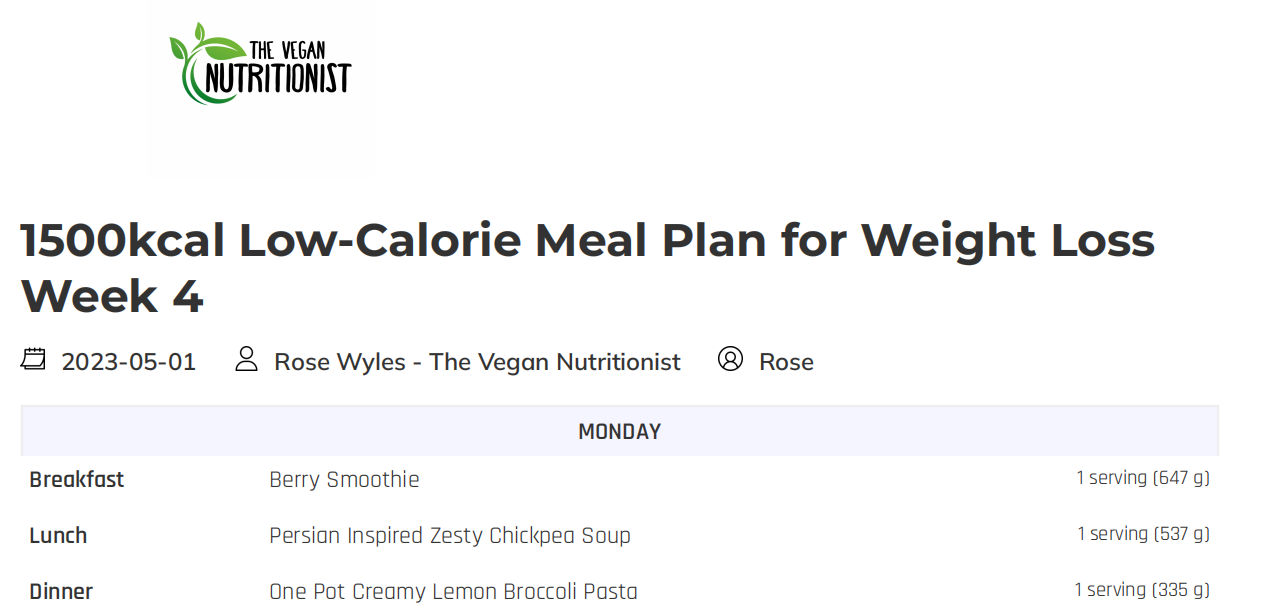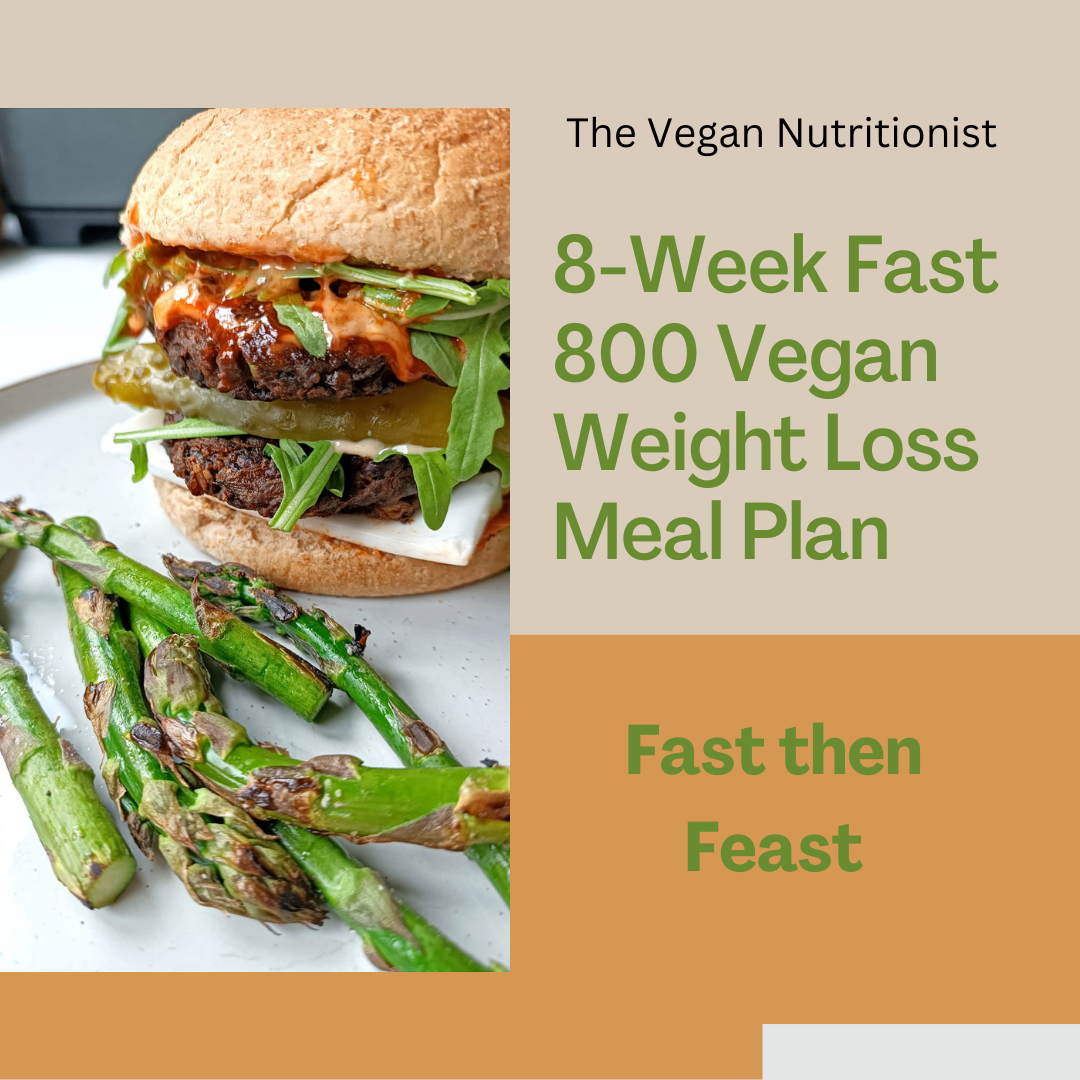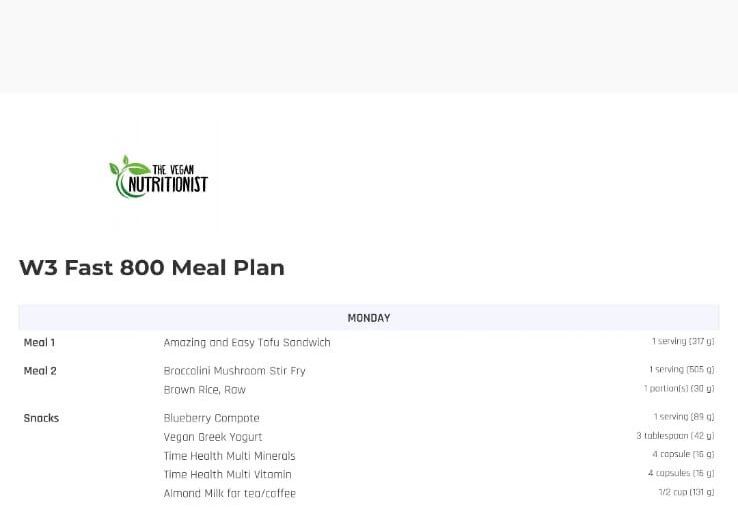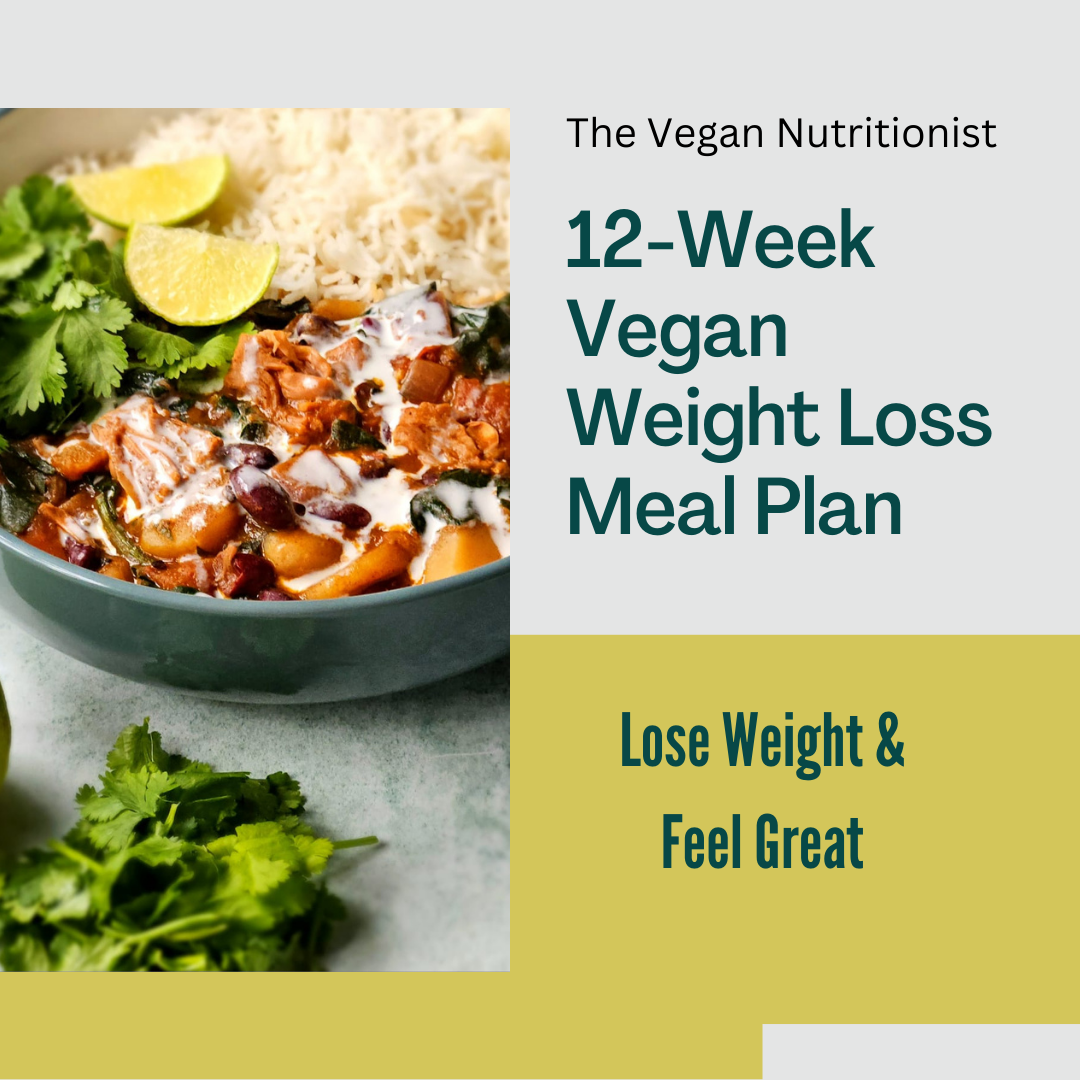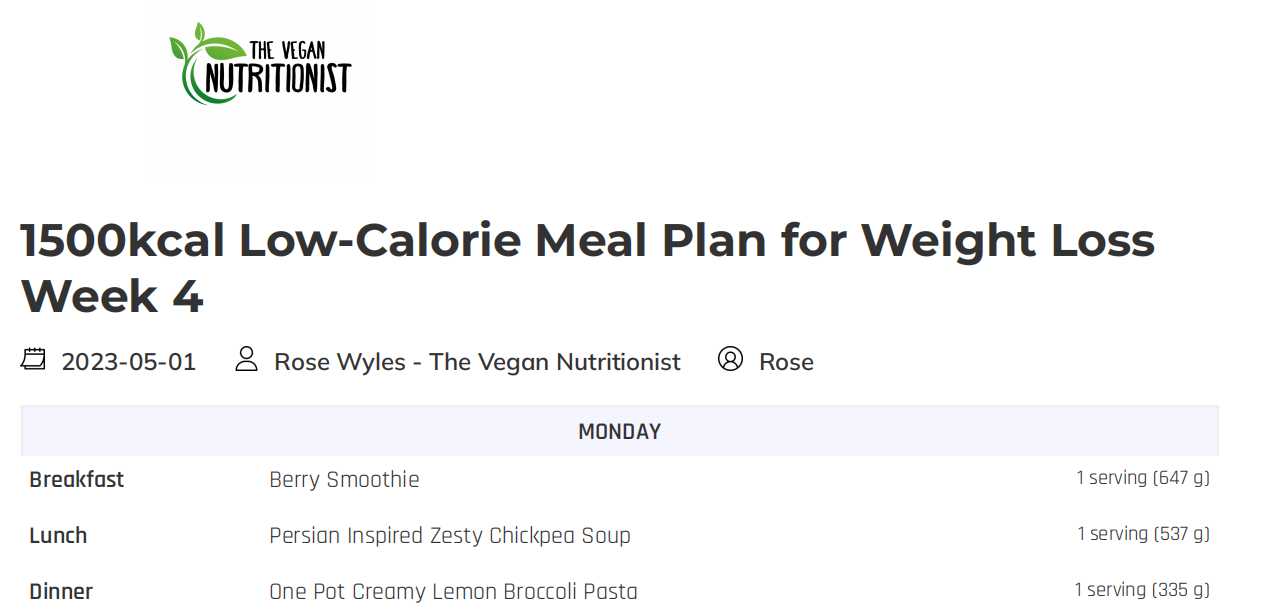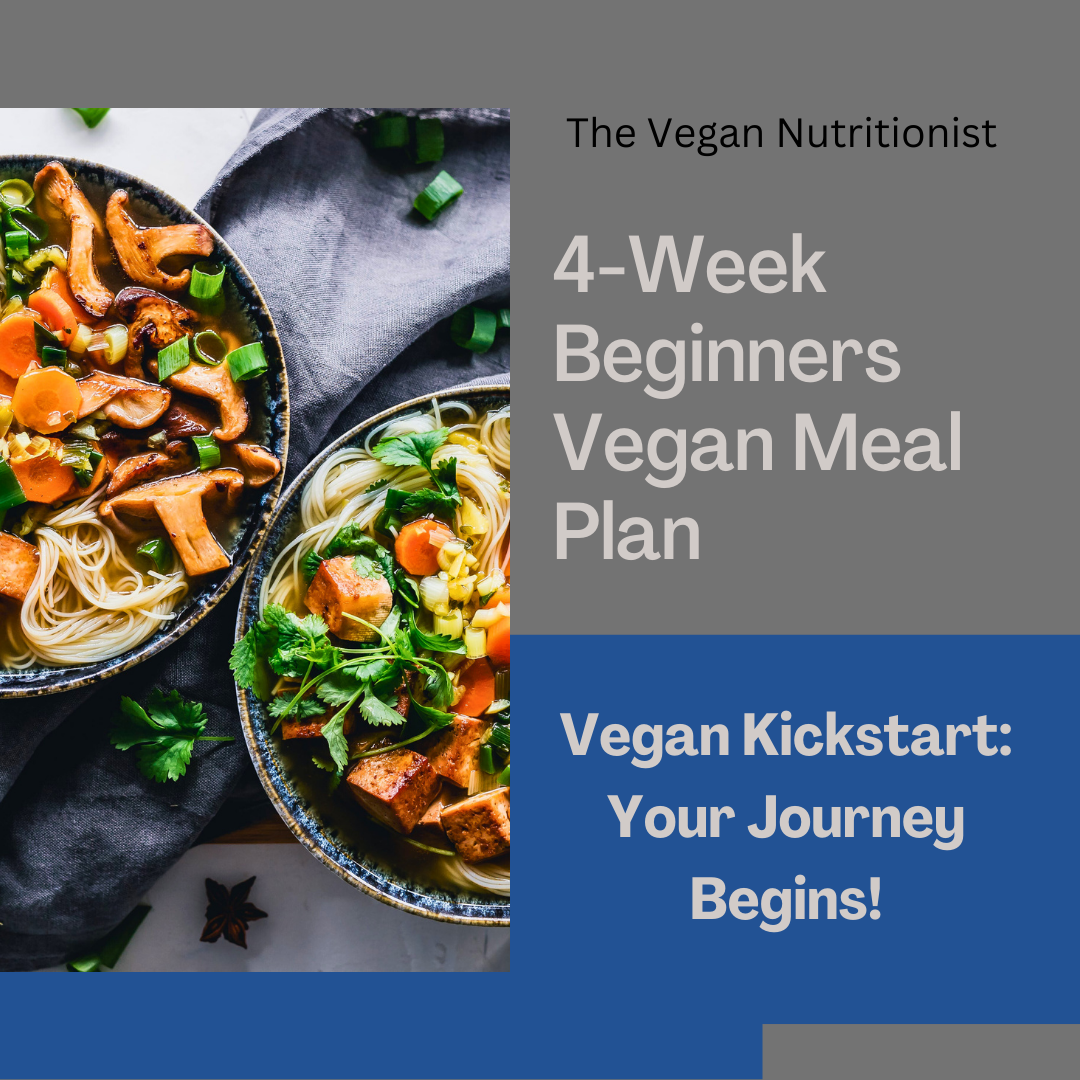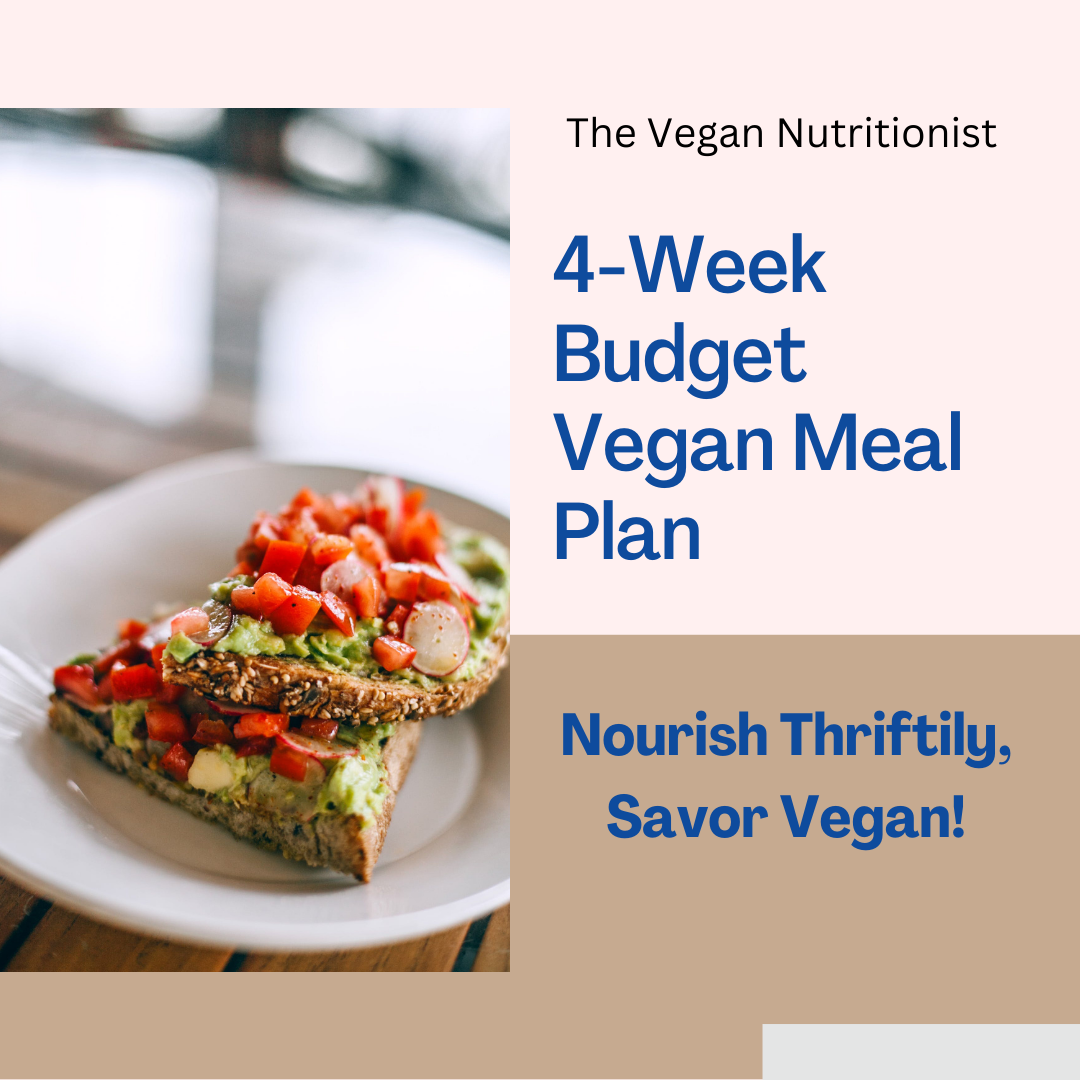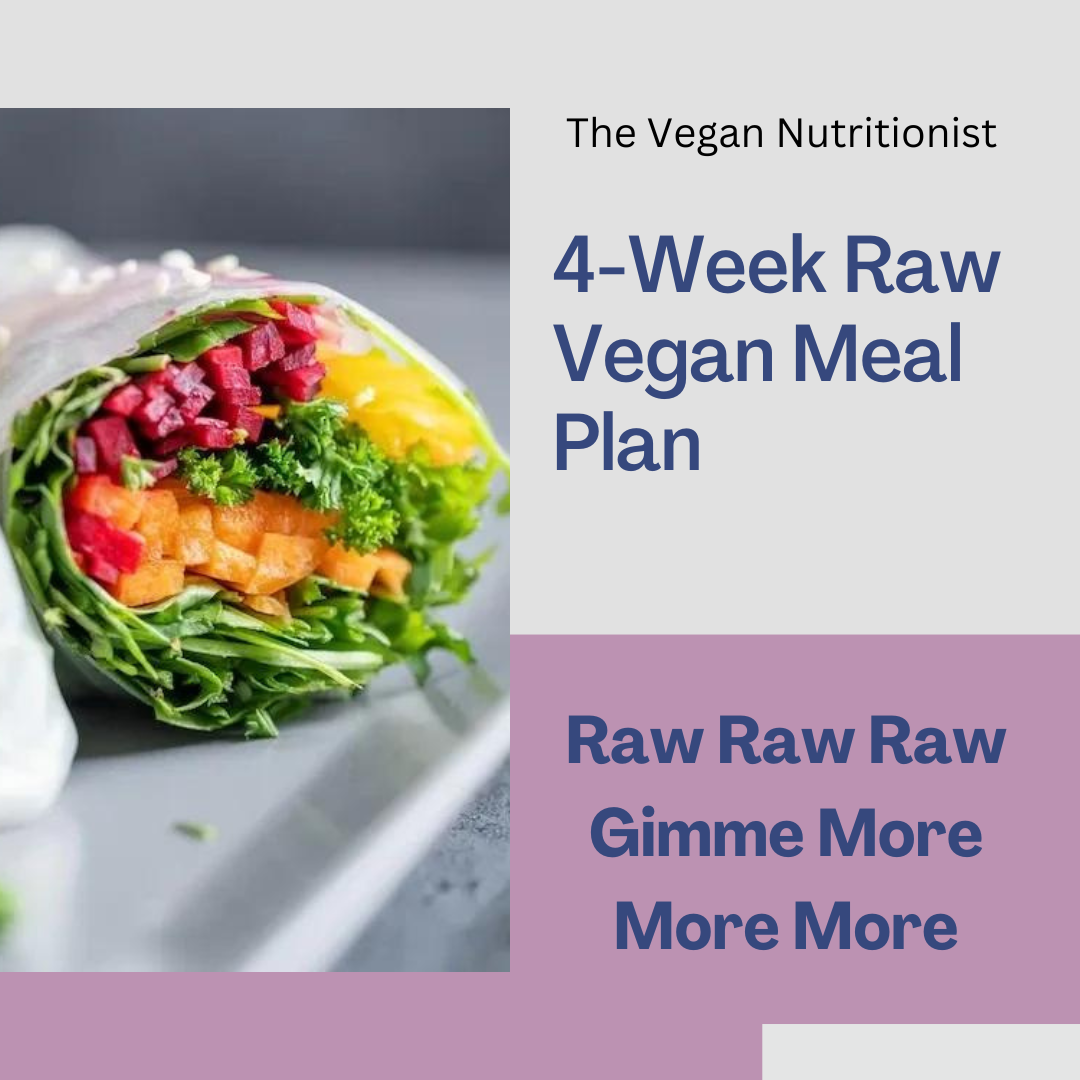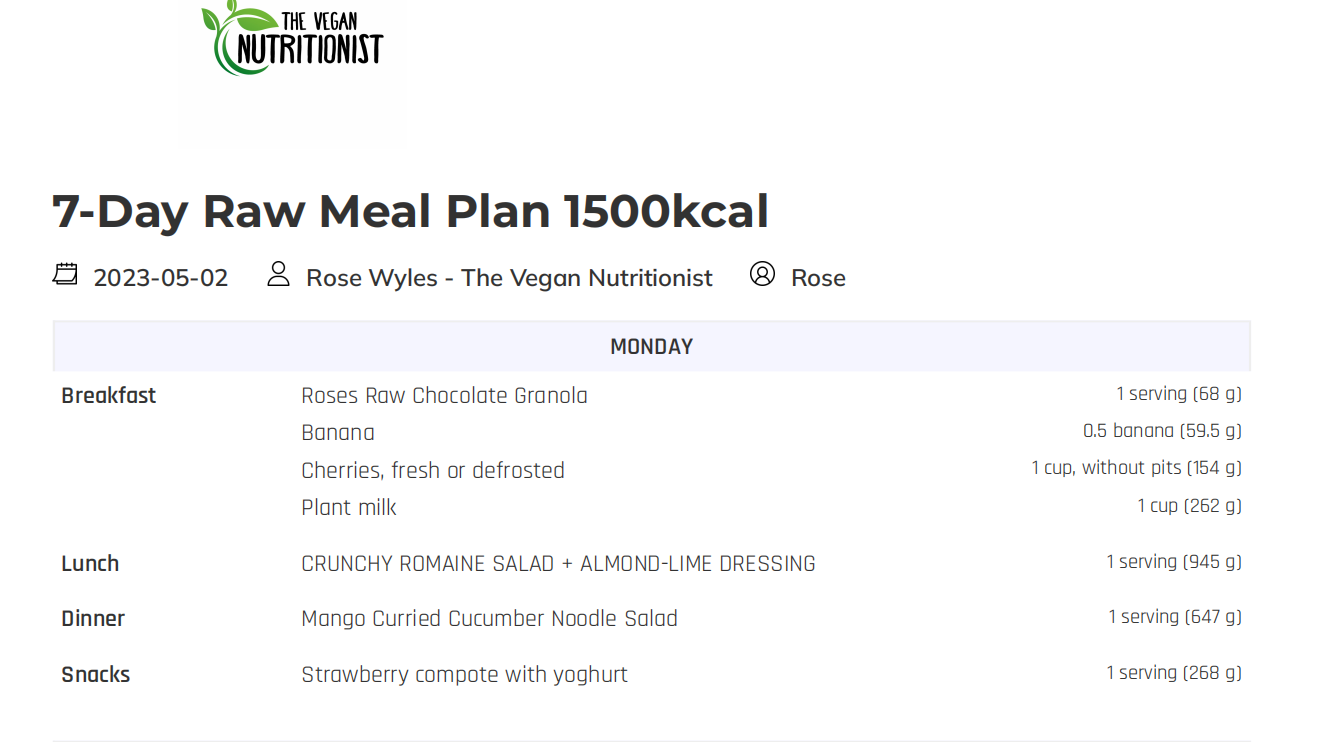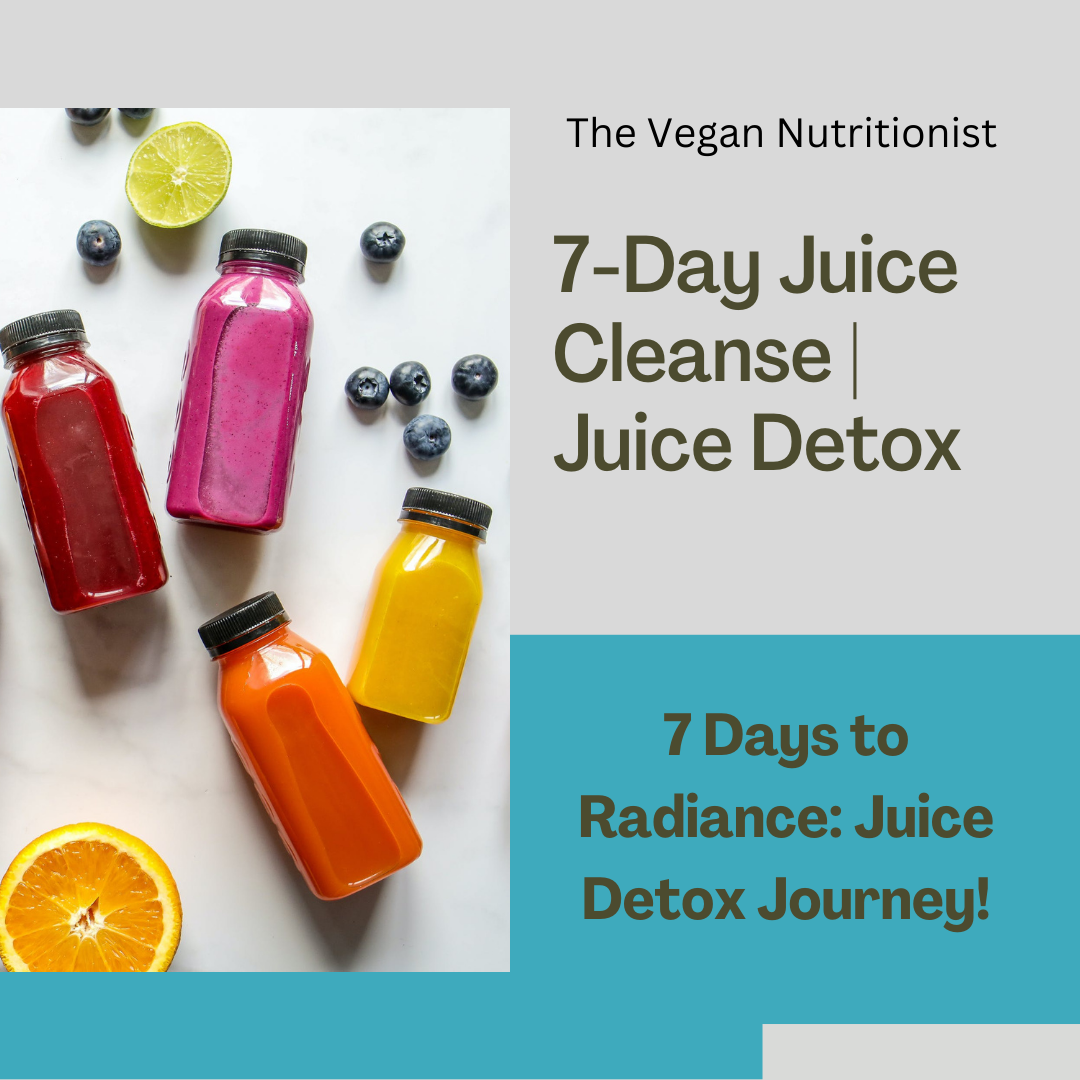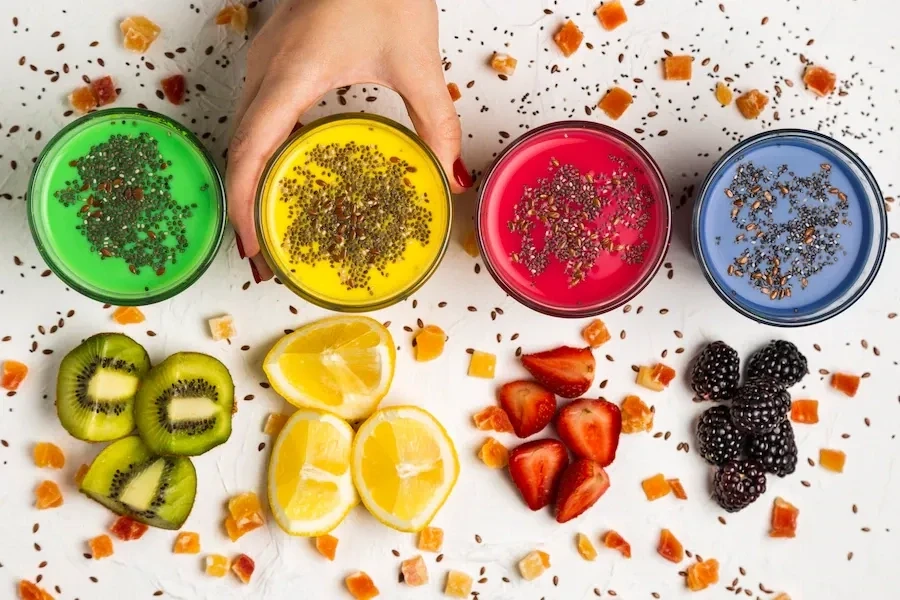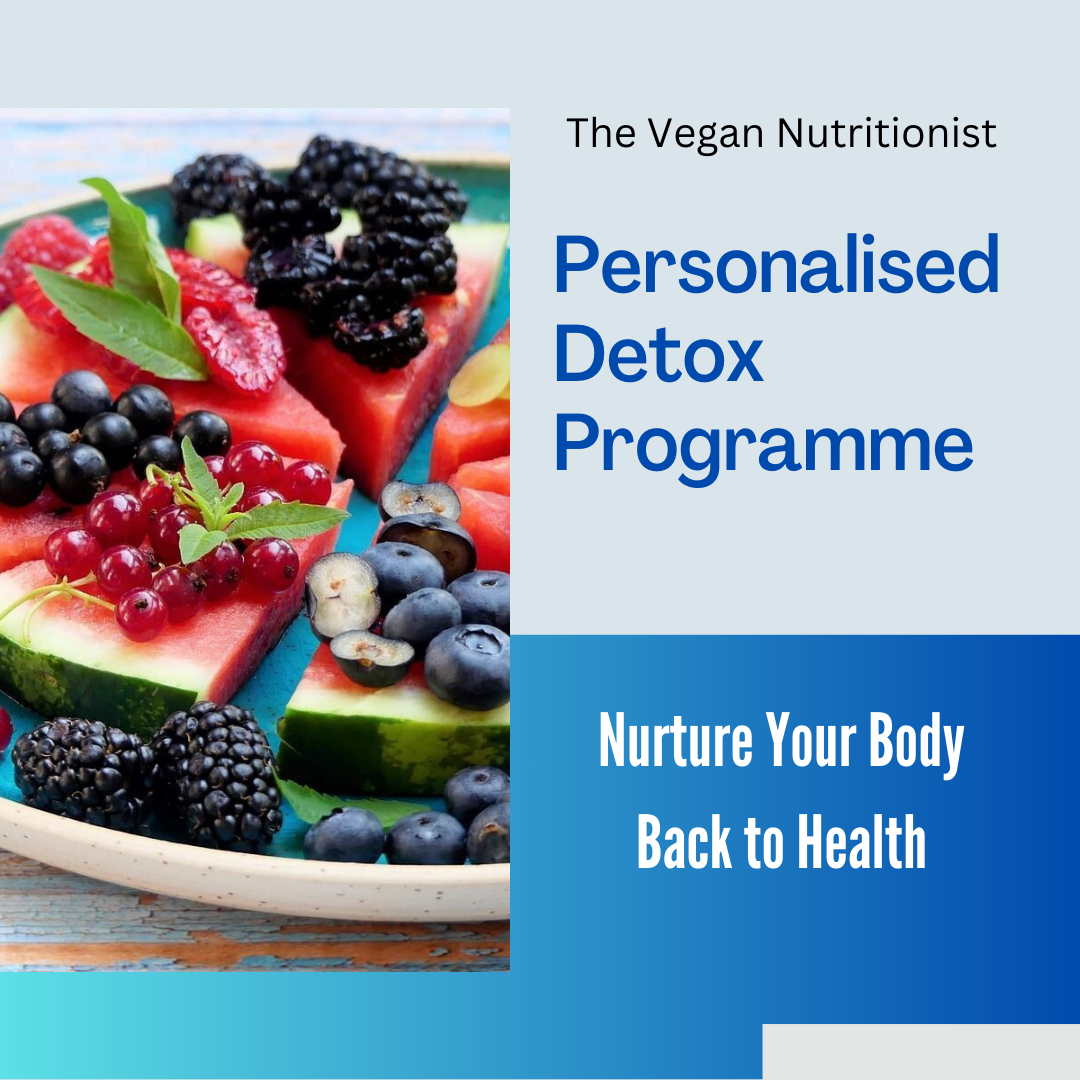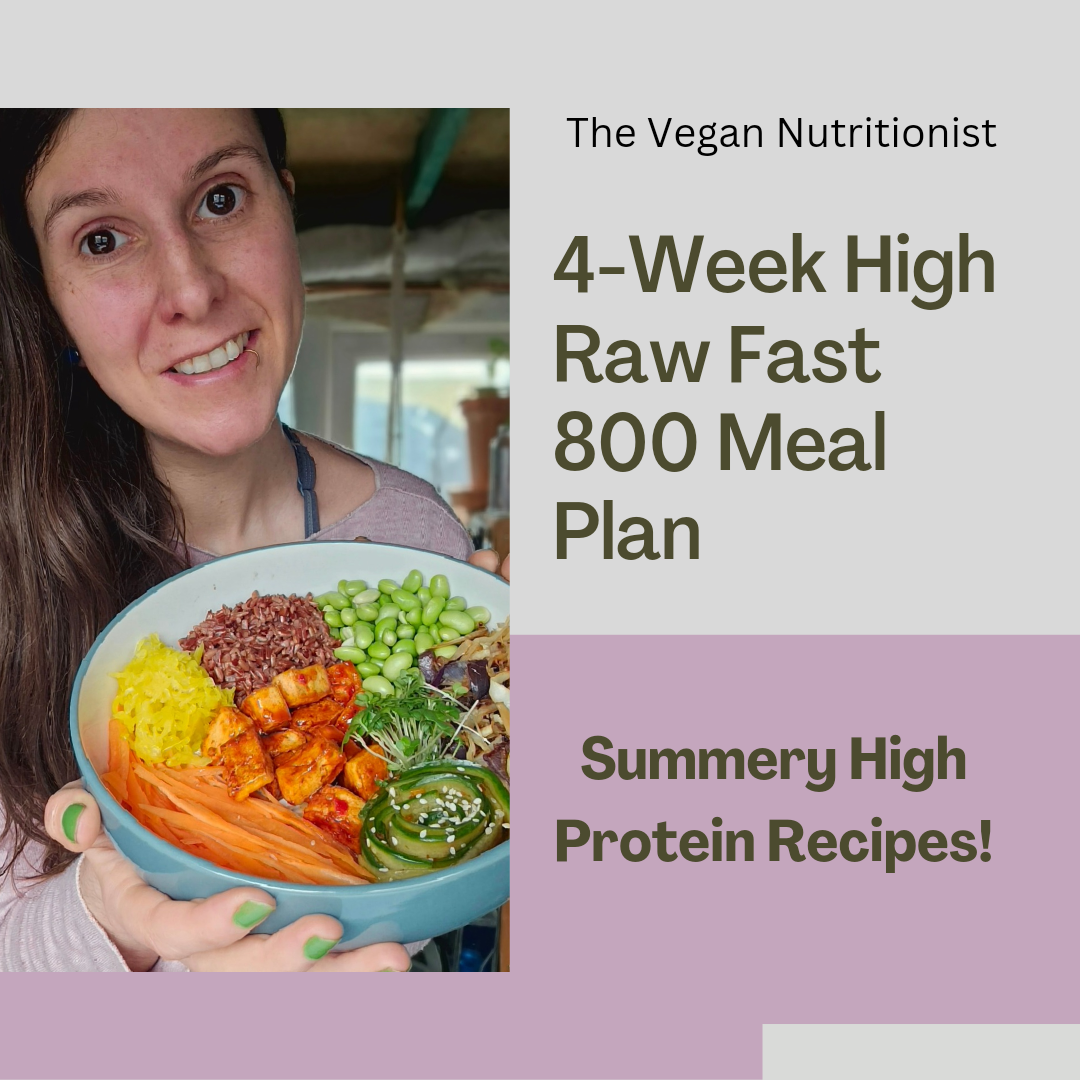MICROGREENS - THE SUPERFOOD YOU SHOULD BE EATING
WHY THIS TINY FOOD SOURCE IS A NUTRITIONAL POWERHOUSE!

What Are Microgreens?!
Phytonutrients and Microgreens
Phytonutrients are found in all plants and microgreens generally have significantly higher concentrations of these phytonutrients than mature leaves from the same plant species.
Phytochemicals are plant compounds that give each plant its colour and flavour, as well as aiding in protecting the plant from fungi and bacteria.. These compounds are found to be highly beneficial to human health, with some claiming they are mighty at inhibiting cancer, especially microgreens grown from the known cancer-fighting cruciferous vegetable family, including broccoli, cabbage, rocket, among others.
In the Journal of Agricultural and Food Chemistry, scientists report that microgreens are up to 40 times more laden with phytochemicals than their full-grown counterparts.
Microgreens are Nutritional Powerhouses
The essential benefits of fruits and veggies come from their vitamin and mineral content. With microgreens found to contain more nutrient density than most fully grown, it would make sense to include these into our daily diet. Vitamins and minerals are essential for the proper functioning and development of our bodies. There are many vitamins and minerals found within microgreens, each in varying quantity, here are some of the more prominent.
VITAMIN C is essential to maintain the body's body tissues. Vitamin C is necessary for wound healing, strengthening cartilage, teeth and bones, and immunity. Pea shoots and cabbage microgreens are excellent sources of Vitamin C.
POTASSIUM is a mineral found in the foods you eat. It's also an electrolyte. Electrolytes conduct electrical impulses throughout the body. It is essential to keep your heart beating regularly, and it helps your nervous system function properly and your muscles contract. Sunflower microgreens, as well as basil and kale, all have large amounts of potassium.
ZINC benefits the body in many ways — it helps with hormone production, proper growth and repair, improved immunity, and promoting normal digestion. Wheatgrass is a good source of zinc.
MAGNESIUM keeps your systems functioning. One of its primary benefits is that it helps convert the food we eat into energy. Another significant benefit is that it assists with the functioning of the parathyroid glands, which are essential for maintaining good bone health. Clover microgreens are an excellent source of magnesium.
VITAMIN A is an essential vitamin that the body needs for growth and development. It is also vital for cell recognition, vision, immune function, and reproduction. Many microgreens contain Vitamin A, like carrots, kale, and spinach.
VITAMIN E is a vitamin not to ignore. Vitamin E increases the health of the blood, brain, and most notably, the skin. According to the Mayo Clinic, it has been known to slow down the effects of Alzheimer's Disease (Can You Prevent Alzheimer's With a Vegan Diet?). Vitamin E is also vital for vision, liver function, and prostate health. Daikon radish microgreens are a great source of Vitamin E.
VITAMIN B affects how your brain works, the energy levels you possess, and how your cells metabolize. It also can prevent infection and promote cell health. Radishes and sunflowers are both excellent sources of Vitamin B.
Which Microgreens Should You Eat?
With so many microgreens to choose from, which are the best? Well, how about all of them! Microgreens are incredibly easy to grow, and you can plant and harvest a crop in as little as ten days. Microgreens can be grown anywhere from a windowsill to a spare room or in a more traditional greenhouse. You can also grow microgreens hydroponically, which removes the need for soil, and you can also control the level of nutrients in the plants by the feed you provide them during the initial stages of growth.
All microgreens are beneficial to health, so any you can buy or grow would boost your overall health. Some familiar favourites include sunflower, alfalfa, broccoli, radish, mustard greens, arugula/rocket, and coriander.
HOW BEST TO ADD MICROGREENS TO YOUR DIET
We've talked about why consuming microgreens is a great way to add nutrients into your diet. Now, lets talk a little more on how to consume them. Fresh is indeed best! You'll want to consume your microgreens ideally right after you've cut them as this maximizes their nutrient content. Enjoy them on a salad, in a sandwich, or even sprinkled onto your evening dinners are all great ways to add microgreens to you meals. Don't be afraid to experiment and try new taste combinations.
There are some risks when buying, storing, and growing microgreens which you should be aware of and that is contamination. Good sanitation, a sterile medium and a clean source of water will go a long way in the prevention of contaminations such as bacteria and fungus. The chances of getting sick from microgreens are slim if you store them in a fridge after buying, always rinse well, and buy from a trusted wholesaler.
Blog Post by Rose Wyles - The Vegan Nutritionist
For professional assistance with adopting a healthy and nutritious plant-based diet, go to https://www.thevegannutritionist.co.uk/work-with-me
Share this Post!

Reach out by sending me an email
Need assistance with your diet or health goals? I'm here to help. Send me a message and I'll be in touch.















